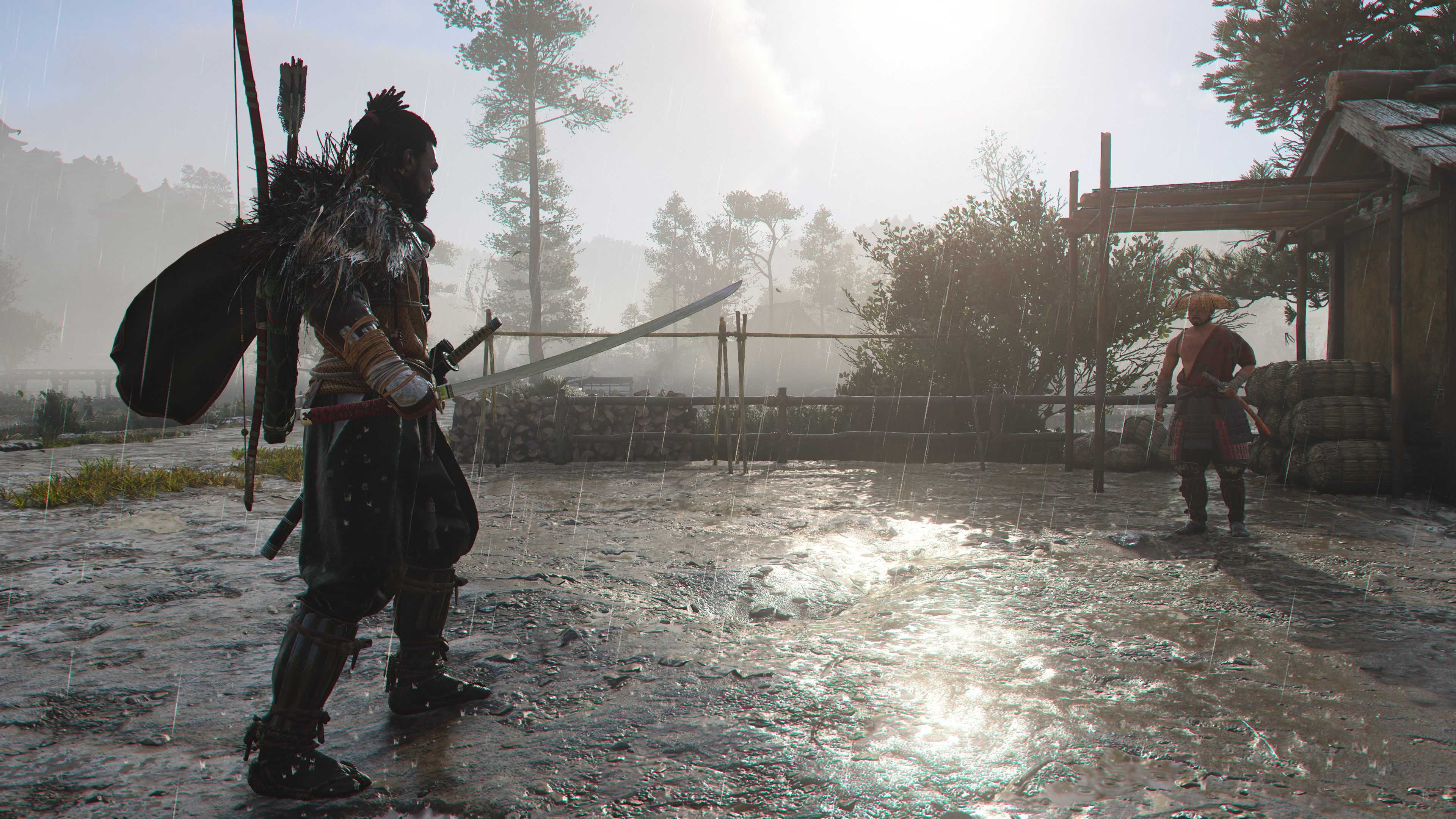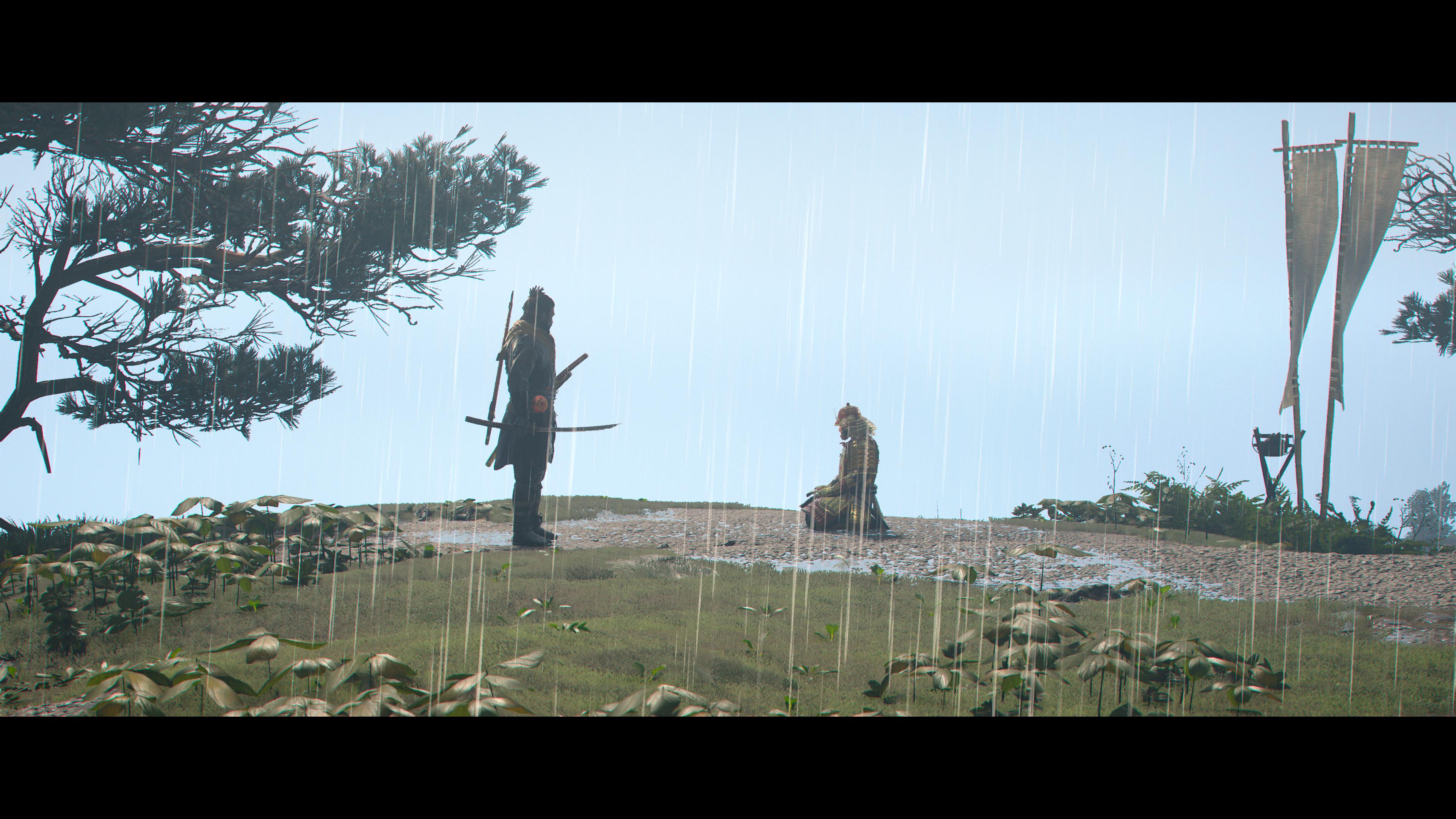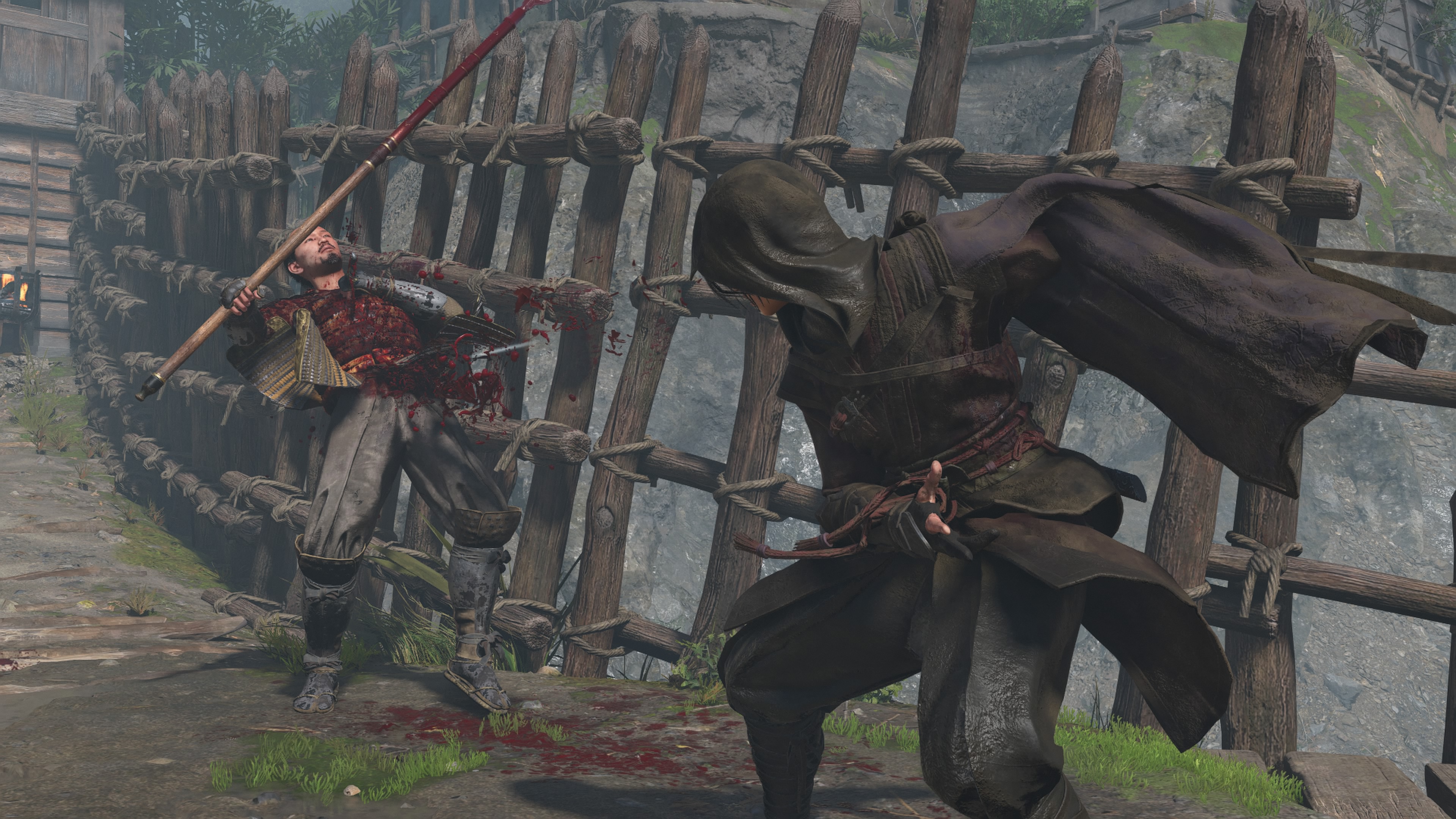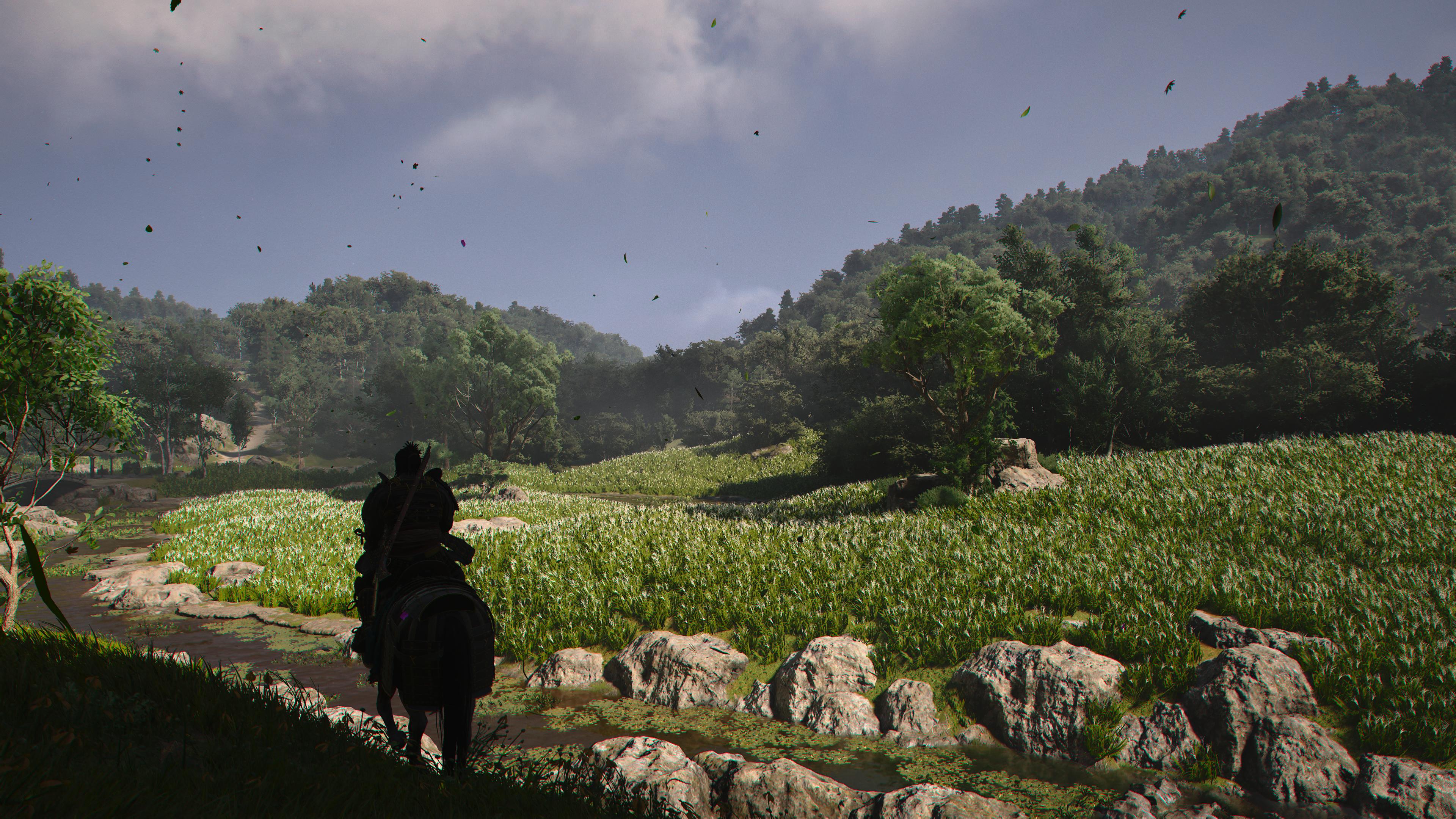Assassin's Creed Shadows is great, but I need feudal Japanese stories to stop cribbing from Kurosawa quite so hard
Opinion | Seeking direction

If you’re familiar with games set in feudal Japan, there’s a good chance that you’re also familiar with the works of Akira Kurosawa. This Japanese film legend pioneered many different filmmaking techniques, and used many themes that we now recognize as being essentially an immutable and irremovable part of Samurai fiction. And the style is in danger of becoming a little overplayed by feudal Japanese stories, particularly in games.
Let’s get down to it – as my good colleague Andy has already noted in his Assassin’s Creed Shadows review, Ubisoft's latest RPG is brilliant. It’s a great ninja-em-up that feels like a modern successor to Tenchu (I’m going to talk about Tenchu as much as I possibly can, it rules), but oh, boy, does it love to crib from Kurosawa.
It doesn’t go anywhere near as far as Ghost of Tsushima, which had its own black-and-white optional mode called “Kurosawa mode”. Indeed, in terms of visual stylings, Assassin's Creed Shadows owes more to anime than it does to Kurosawa. Yasuke's special long katana attack is a good example of this – all black, white, then splashes of violent red. Other scenes draw from Japanese woodblock art. Perhaps the most ‘Kurosawa’ aspect of the game’s visual stylings comes from the ‘blood jets’ trope, with the game’s slightly overblown blood effects tracing a through line back to Sanjuro. However, the stories are pure Kurosawa.
Both of the game’s protagonists have a mentor snatched away from them early in the game, with a master-pupil relationship getting destroyed. This, in turn, sets each of them on two divergent pathways at once, that of the cycle of violence and the heroic, larger-than-life hero. Both of these seem to run counter to each other, but the game is called Assassin’s Creed, not Heroic Creed, so gratuitous bloodshed is to be expected. The former topic was something that Sekiro: Shadows Die Twice explored as well, with the idea of the Shura, which both protagonists seem somewhat set on becoming, while keeping their personalities heroic enough to remain redeemable.
Familiar sights


We've added Shadows to our ranking of the best Assassin's Creed games
I might sound very down on the game. I’m really not – it’s been occupying my thoughts a lot lately, almost as much as Kingdom Come: Deliverance 2. I do believe that games can be more than vehicles for developers to showcase inspiration from other types of media. I want games to be creating more tropes and stylistic choices that can inspire other media. I’m not asking for avant-garde storytelling in the style of Mouthwashing – I just want games to recognize that we interact with them in different ways than we do other media like films.
In Roland Barthes’ writing, he argued that the role of the reader was creative, that our interpretation of the work is active, not passive. Essentially, we’re not just mindlessly taking information from our media of choice, but interpreting it through our own personal lenses, which is a creative role in itself. We can do this with Kurosawa through his own works, we don’t need the same themes to be repeated through our games as well.
Why not give us a samurai game that’s more about class conflicts, rather than personal ones; or allow us to play as a regular Joe just trying to survive in the era of Tsujigiri? The feudal Japanese era is redolent with opportunities for stories that are, at least in the west, untold, ones that are a lot more interesting than those we’ve been enjoying for decades at this point, through countless films, anime and, yep, video games.
Sign up to the GamesRadar+ Newsletter
Weekly digests, tales from the communities you love, and more

Games often have this desire to be filmic, rather than inspired by books – Ken Follett’s The Pillars of the Earth excepted, of course. There’s something in this that’s akin to sibling rivalry, with the younger sibling, games, feeling that they have to blaze the same trail as the longer-running media. This isn’t unique to games, either – consider how much films ape and seek inspiration from books. None of this means that books’ stories can’t be told well by films, or filmic stories by games. But I want games to create a new adjective – gamic. Gamic stories, stories that work particularly well because they’re games, are still quite rare, but they do exist.
As I said, it’s not that I don’t think Assassin's Creed Shadows is good – I actually think it’s the best in the series since Black Flag, and feels remarkably fresh in many ways. Just not in terms of its story or its visual flair. Our preferred media is still in its infancy, and Shadows still feels like it has that youthfully naive nature to it. I can’t wait until a game like it comes along that is able to break free of its inspiration.
Our Assassin's Creed Shadows roadmap details what's coming next for Yasuke and Naoe's adventure

Ever since getting a Mega Drive as a toddler, Joe has been fascinated by video games. After studying English Literature to M.A. level, he has worked as a freelance video games journalist, writing for PC Gamer, The Guardian, Metro, Techradar, and more. A huge fan of indies, grand strategy games, and RPGs of almost all flavors, when he's not playing games or writing about them, you may find him in a park or walking trail near you, pretending to be a mischievous nature sprite, or evangelizing about folk music, hip hop, or the KLF to anyone who will give him a minute of their time.
You must confirm your public display name before commenting
Please logout and then login again, you will then be prompted to enter your display name.


